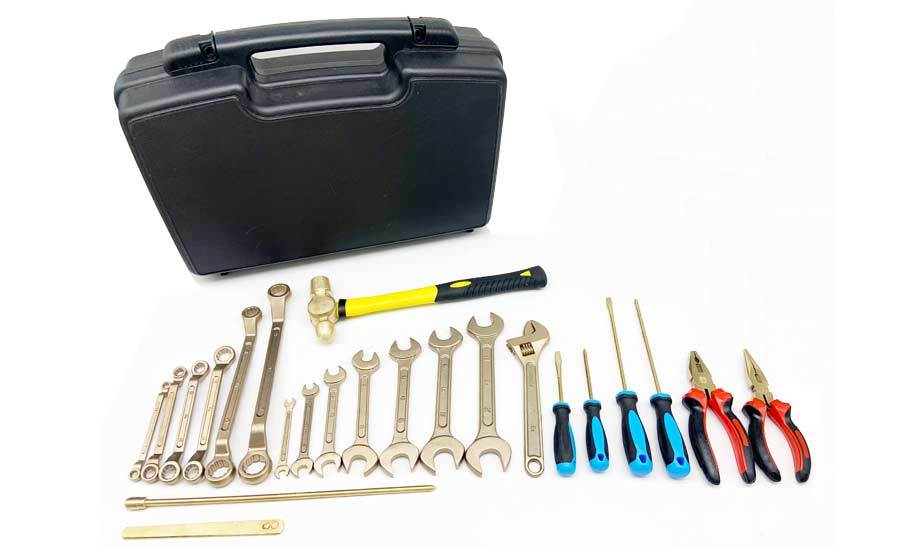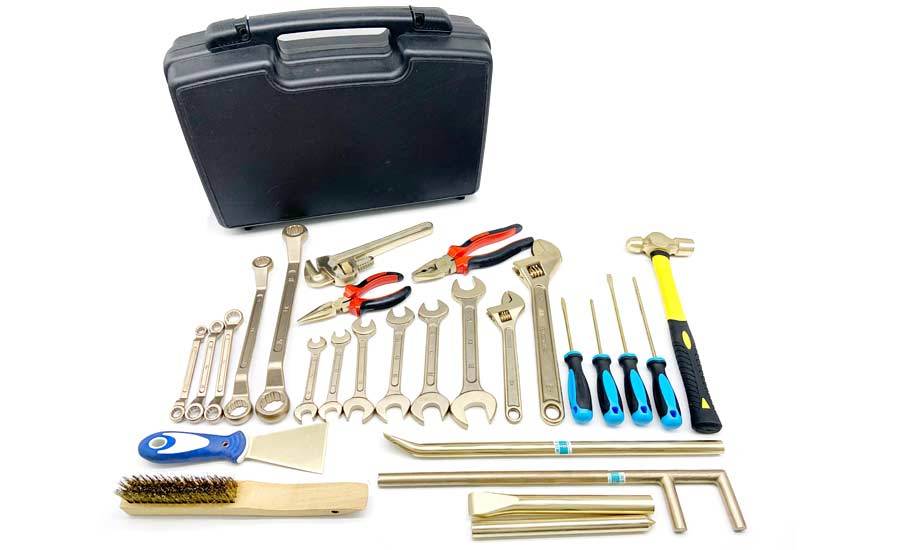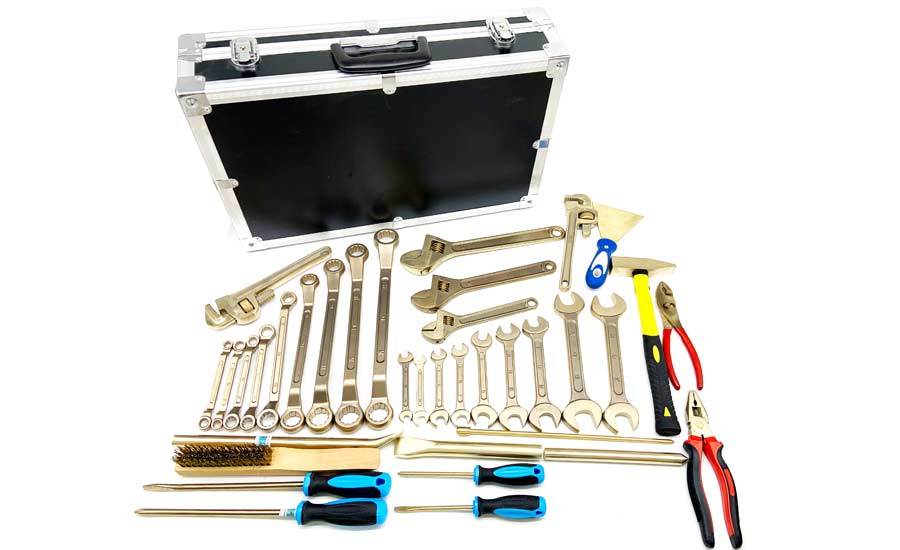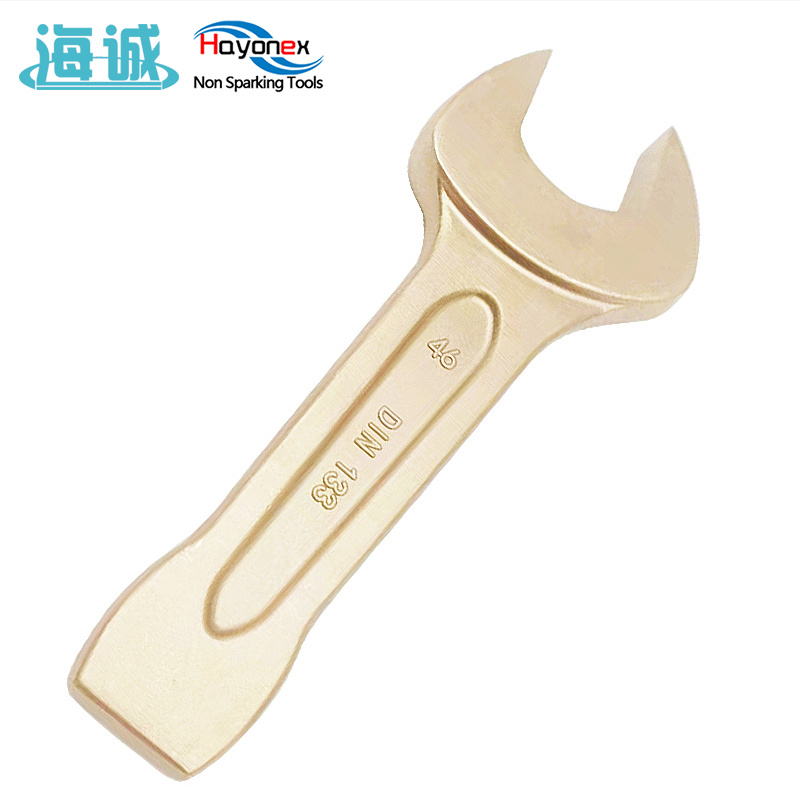Safety First: The Essential Role of Non-Sparking Tools in Hazardous Environments
Release time:
2025-09-04
【Summary】 Our company produces explosion-proof tools, anti magnetic tools, non-sparking tools adjustable wrenches, non-sparking tools copper hammers and other safety tools. You can contact us+86 199 3375 6239 haiyangtools@hayonex.com haiyangtools@Gmail.com
Understanding Non-Sparking Tools
When it comes to working in hazardous environments, safety should be your number one priority! No ifs, ands, or buts about it. Whether you're in the oil and gas industry, chemical manufacturing, or any field that deals with flammable materials, using the right tools can mean the difference between a safe day at work and a catastrophic accident. Enter non-sparking tools, a game-changer that you simply can't overlook.
What Are Non-Sparking Tools?
So, what exactly are non-sparking tools? Great question! These tools are specifically designed to minimize the risk of sparks when they come into contact with flammable substances. Typically made from materials like brass, bronze, or certain composites, they offer a safer alternative to regular tools made from steel or other metals that could easily create a spark. Talk about a smart choice!
Why Use Non-Sparking Tools?
Now, you might be wondering, "Why should I bother with non-sparking tools?" Well, let's break it down:
- Increased Safety: The primary reason is safety. In environments where flammable gases, vapors, or dust are present, a single spark could ignite a disaster.
- Compliance: Many industries have strict regulations regarding the use of tools in hazardous areas. Non-sparking tools help ensure compliance with these safety standards.
- Durability: Non-sparking tools are often made to withstand tough conditions, making them a reliable choice for any job.
Applications of Non-Sparking Tools
From oil rigs to chemical plants, the applications of non-sparking tools are vast. Here are a few notable examples:
- Oil and Gas Industry: Non-sparking wrenches and pliers are commonly used to avoid igniting volatile gases.
- Chemical Processing: In chemical plants, non-sparking tools prevent accidental ignition when handling reactive substances.
- Mining: In underground mining operations, the risk of explosions is high; non-sparking tools are crucial for safety.
Choosing the Right Tools
When it comes to selecting non-sparking tools, you need to do your homework. Not all non-sparking tools are created equal! Here are a few tips:
- Material Matters: Look for tools made from high-quality materials that meet industry standards.
- Brand Reputation: Choose reputable brands that specialize in safety tools. Don't just go for the cheapest option!
- Check Certifications: Ensure the tools are certified for use in hazardous environments.
Maintaining Non-Sparking Tools
Ah, maintenance! It's not the most exciting topic, but it's super important. Proper care and maintenance of your non-sparking tools can significantly extend their lifespan and effectiveness. Here's how:
- Regularly inspect tools for wear and tear.
- Clean tools after use to remove any residues that could cause corrosion.
- Store tools in a dry place to prevent rust and deterioration.
Final Thoughts
In conclusion, non-sparking tools are more than just a safety accessory; they're essential for anyone working in hazardous environments. By making a small investment in these specialized tools, you're investing in your safety and the safety of those around you. So next time you're gearing up for a job, remember: safety first!
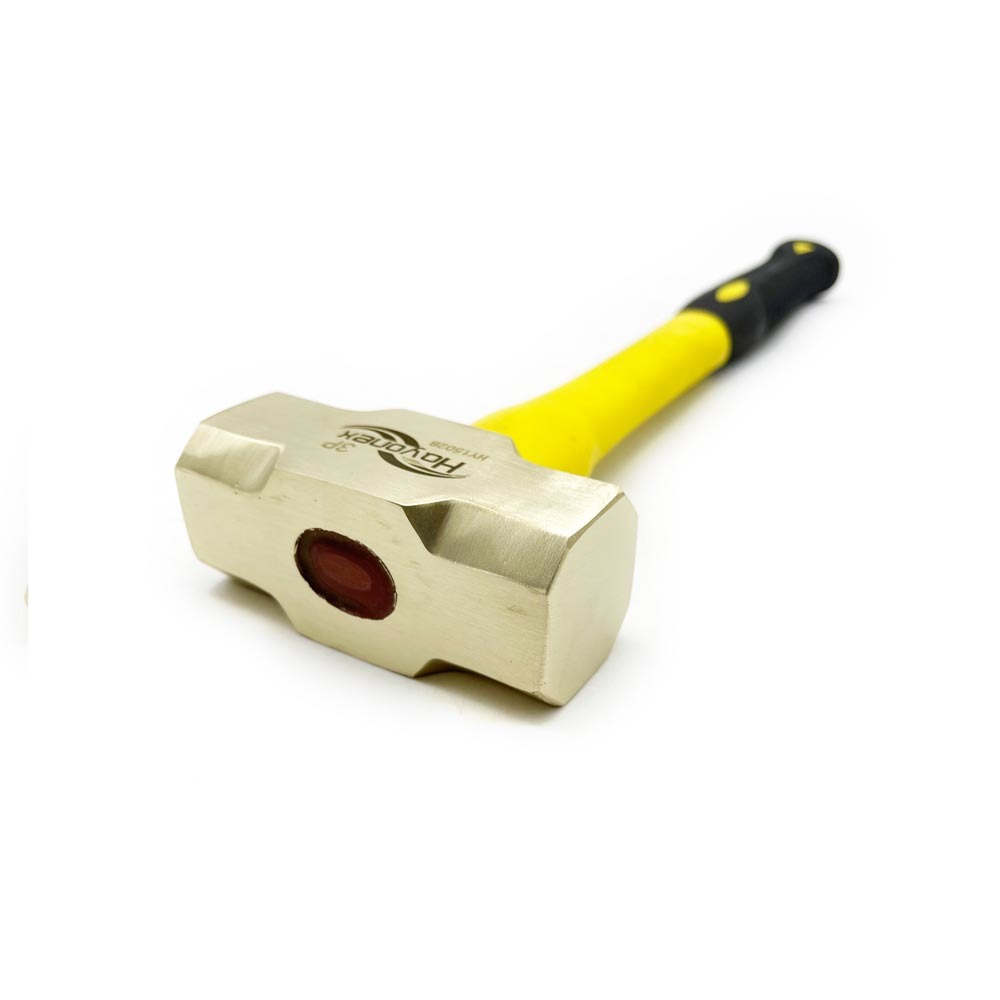
Key words:
Key words:
non-sparking tools,Safety tools,non-sparking tools
Related News







